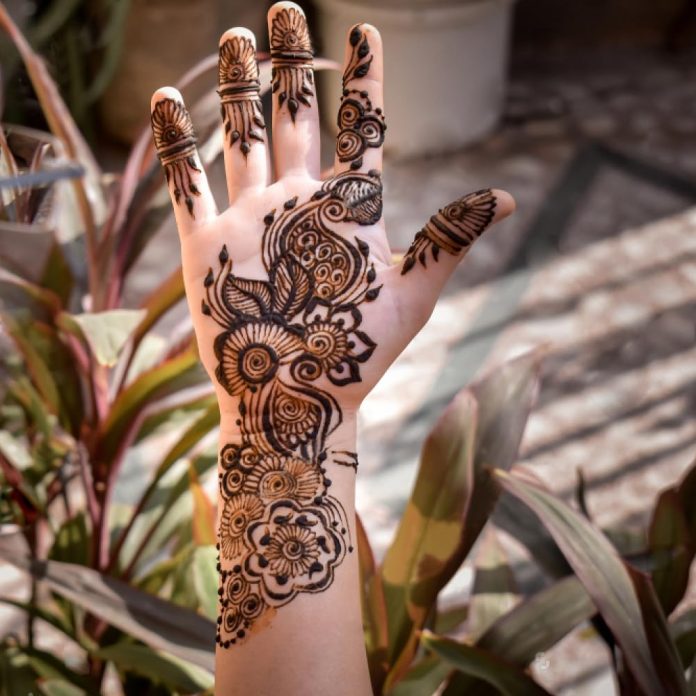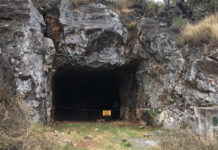Henna, a centuries-old tradition cherished across Arab nations, may soon earn a coveted spot on UNESCO’s Representative List of the Intangible Cultural Heritage of Humanity. This December, the United Nations Educational, Scientific, and Cultural Organization (UNESCO) will examine the collective submission by 16 Arab countries, including Morocco, during its 19th ordinary session in Asunción, Paraguay, from December 2 to 7.
The nomination, titled “Henna: Rituals, Aesthetics, and Social Practices,” celebrates the cultural, social, and artistic significance of henna. It underscores how this ancient practice transcends age, gender, and ethnicity, fostering connections among diverse communities.
The seeds for this nomination were planted at the Moussem of Tan-Tan, a Moroccan cultural festival held in June 2019. Civil society organizations attending the festival expressed a strong desire to see henna recognized as part of humanity’s shared heritage. Their enthusiasm was echoed by representatives from other participating nations, highlighting henna’s universal appeal and its role in various cultural ceremonies, from weddings to religious festivals.
The December session will also review a total of 63 elements nominated by 90 countries for inclusion on the lists of the 2003 UNESCO Convention for the Safeguarding of Intangible Cultural Heritage. Of these, 58 are candidates for the Representative List, which currently includes 611 cultural elements from 140 countries. This prestigious list acknowledges and promotes cultural diversity through the recognition of unique traditions and knowledge systems.
Henna is more than a decorative art form. Its intricate designs and ceremonial applications carry deep symbolic meaning in many Arab cultures. Whether marking rites of passage, offering blessings, or serving as a medium of creative expression, henna reflects the shared humanity of those who practice it.
If successful, this nomination will not only elevate the status of henna but also shine a spotlight on the importance of preserving cultural heritage in an ever-globalizing world. For now, enthusiasts and practitioners across the Arab world eagerly await UNESCO’s decision, hoping this cherished tradition secures its rightful place on the global stage.





